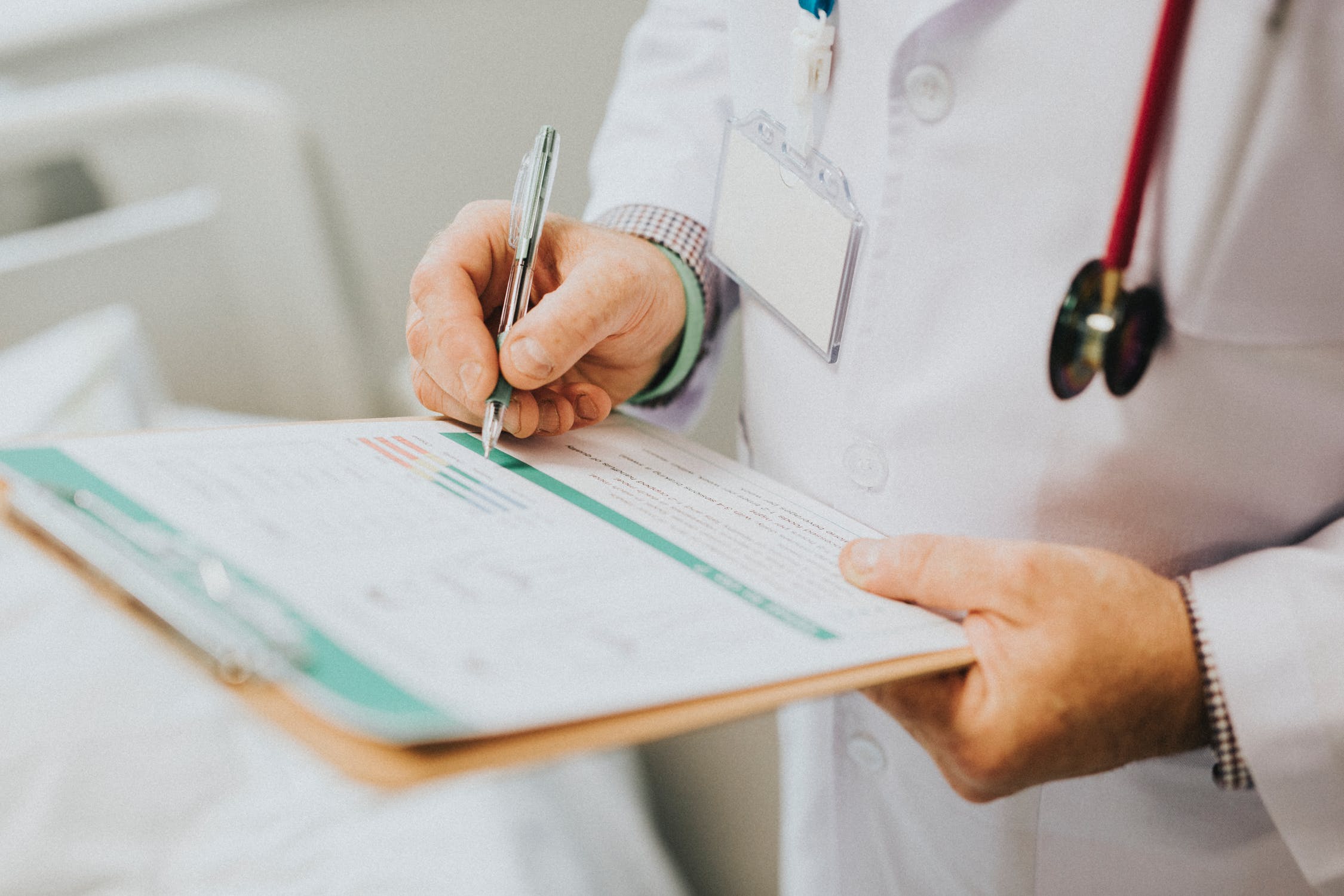Do you have stomach pain, weight loss, or a fever? If so, then it is time to visit your gastroenterologist in Pune. Gastrointestinal sickness can be caused by many different things, and it is important to get a diagnosis as soon as possible. Don’t forget to use your Bajaj Health card to cover your expenses. The following are some warning signs that indicate potential problems with the GI tract:
1) Difficulty in Swallowing: One sign that you need to get checked out is difficulty swallowing. If food or drink does not seem to go down smoothly, then it may be a symptom of GERD (gastroesophageal reflux disease) and should be investigated immediately.
2) Constipation: Constipation is the sensation of not having a bowel movement for days and may be caused by conditions such as IBS (irritable bowel syndrome) or diverticulitis.
3) Diarrhea: Diarrhea is the sensation of having diarrhea for a few days and maybe caused by conditions such as gastroenteritis. You must not ignore the warning signs of gastrointestinal sickness, as it is important to get a diagnosis and treatment.
4) Consistent Heartburn: One warning sign of GI tract problems is pain in the upper chest area or feeling like food is coming up. This can be a serious symptom and needs to be investigated by a gastroenterologist.
5) Symptoms Of Gallstones: Gallstones develop when the bile ducts get blocked and can cause severe pain. The stones are made of cholesterol, calcium, or bilirubin that has been hardened to form a stone within an organ such as the liver or gallbladder. Symptoms of gallstones can include pain in the upper-right abdomen, fever, or the sensation of chills.
6) Colonoscopy: Colonoscopy is a procedure that can examine the colon to identify any abnormalities. This may be used as part of a routine check-up or if you have been experiencing symptoms such as blood in stool, rectal bleeding, abdominal pain for more than two weeks, change in bowel habits lasting more than four weeks.
7) Cancer Screenings: Cancer screenings are important if you have any warning signs of GI tract problems. Cancer screening may include a colonoscopy, whole-body examination, or MRI (magnetic resonance imaging).
8) Doubtful of Ulcers: Ulcers are one of the most common symptoms that may lead to a diagnosis from your gastroenterologist in pune. Ulcerative colitis is an inflammatory bowel disease and can be diagnosed with colonoscopy or biopsy.
9) Excessive Bloating: If you have been experiencing abdominal discomfort for more than two weeks, then it may be due to bloating caused by constipation or IBS.
10) Hemorrhoids: Hemorrhoids are dilated veins in the anus and may be caused by a number of factors such as straining during bowel movements, chronic constipation, or diabetes.
11) Blood on Stool: If you have blood in your stool, it is important to visit the gastroenterologist for a colonoscopy or endoscopic retrograde cholangiopancreatography (ERCP).
12) Skin rashes: One symptom of GI tract problems is skin rash. This may be a sign of celiac disease, Crohn’s disease, or ulcerative colitis.
13) GERD: Gastroesophageal reflux disease (GERD) is a chronic condition that causes the contents of your stomach to flow back up into your esophagus, throat, or mouth. This may cause symptoms such as heartburn and acid regurgitation.
14) Polyps: Polyps are abnormal growths or bumps on the tissue lining of the colon. These may be benign, precancerous (meaning they could turn into cancer), or malignant (meaning they have already become cancer).
15) Rectal bleeding: One symptom that needs to be investigated is rectal bleeding. This may mean conditions such as colitis or colon cancer.
16) Weight loss: If you have been experiencing weight loss, it may be due to conditions such as Crohn’s disease or celiac disease.
17) Nausea: One sign of GI tract problems is nausea, and this could mean a stomach virus, food poisoning, ulcerative colitis, or gastroenteritis.
18) Abdominal pain: If you have been experiencing abdominal pains, it may be due to conditions such as IBS (irritable bowel syndrome), diverticular disease, or pancreatitis.
Conclusion
We all know that feeling. The discomfort in your lower abdomen before you eat, the bloating after a meal, and pressure on the toilet–these are just some of the many signs that can lead to something more serious. If any of these symptoms seem to worsen or don’t go away with time, it might be worth visiting your gastroenterologist for a proper diagnosis.












